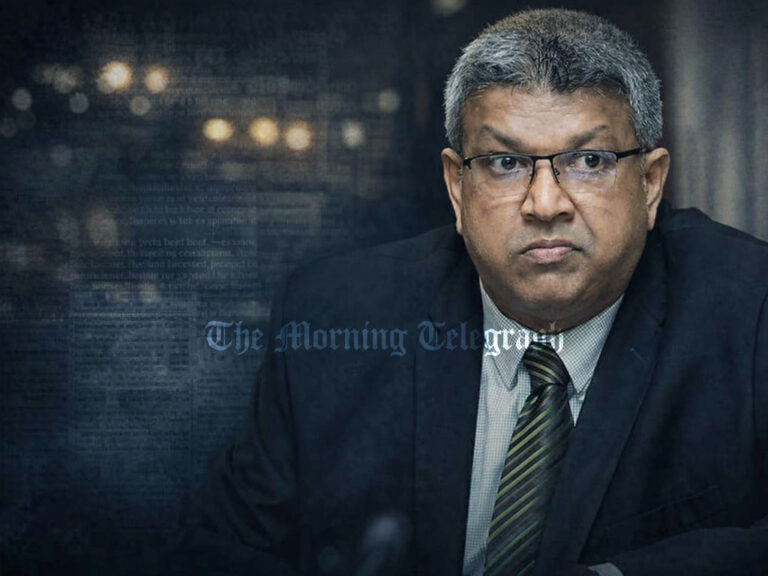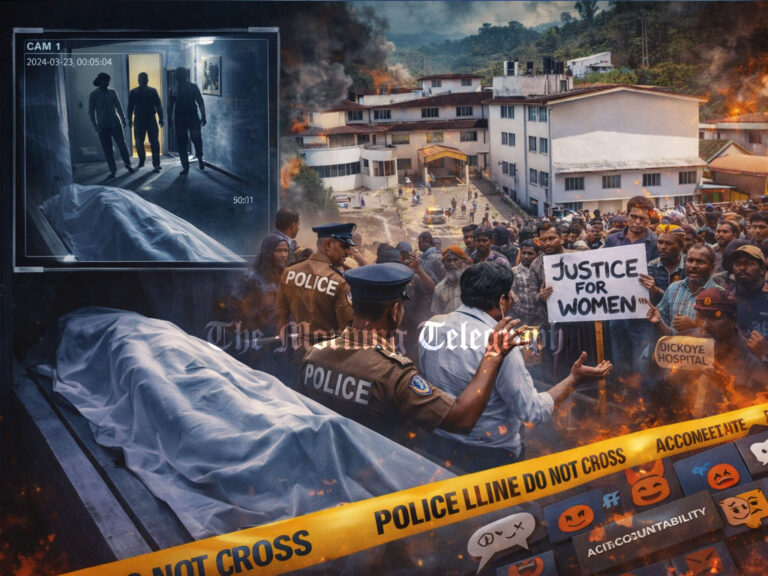
In a significant development, Sri Lanka’s Commission to Investigate Allegations of Bribery or Corruption is preparing to file approximately 50 cases in court over the coming weeks, marking a renewed push to prosecute long-standing corruption investigations that had previously stalled.
Sources close to the Commission reveal that the majority of those facing imminent indictments are government officials, including several senior figures. The cases span a range of misconduct, and many involve investigations that had been concluded some time ago but were awaiting formal legal action. The indictments are expected to be filed before the Colombo High Court.
This move signals the Commission’s intention to accelerate accountability within the state sector, amid growing public dissatisfaction over perceived impunity for corruption and abuse of public funds.
However, not all investigations are moving forward. In a twist, the inquiry into Parliamentarian Chamara Sampath Dassanayake has been suspended following a public statement made by former President Ranil Wickremesinghe. Dassanayake was arrested in 2016 by the Bribery Commission on charges of causing a loss of Rs. 17.3 million to the government by prematurely withdrawing funds from fixed deposit accounts held by the Uva Provincial Council at a state bank during his tenure as Chief Minister.
Wickremesinghe, who served as Prime Minister at the time of the incident, recently stated that the withdrawal was executed in line with a Treasury circular approved by then-President Maithripala Sirisena. His intervention has cast doubt over the legitimacy of the charges, prompting the Commission to halt further action on the case for the time being.
The filing of these 50 cases will be closely watched as a barometer of Sri Lanka’s commitment to tackling corruption at all levels of government. With the spotlight now on the judiciary and the Commission’s ability to withstand political pressure, the coming weeks may prove critical for the country’s fragile anti-corruption efforts.




